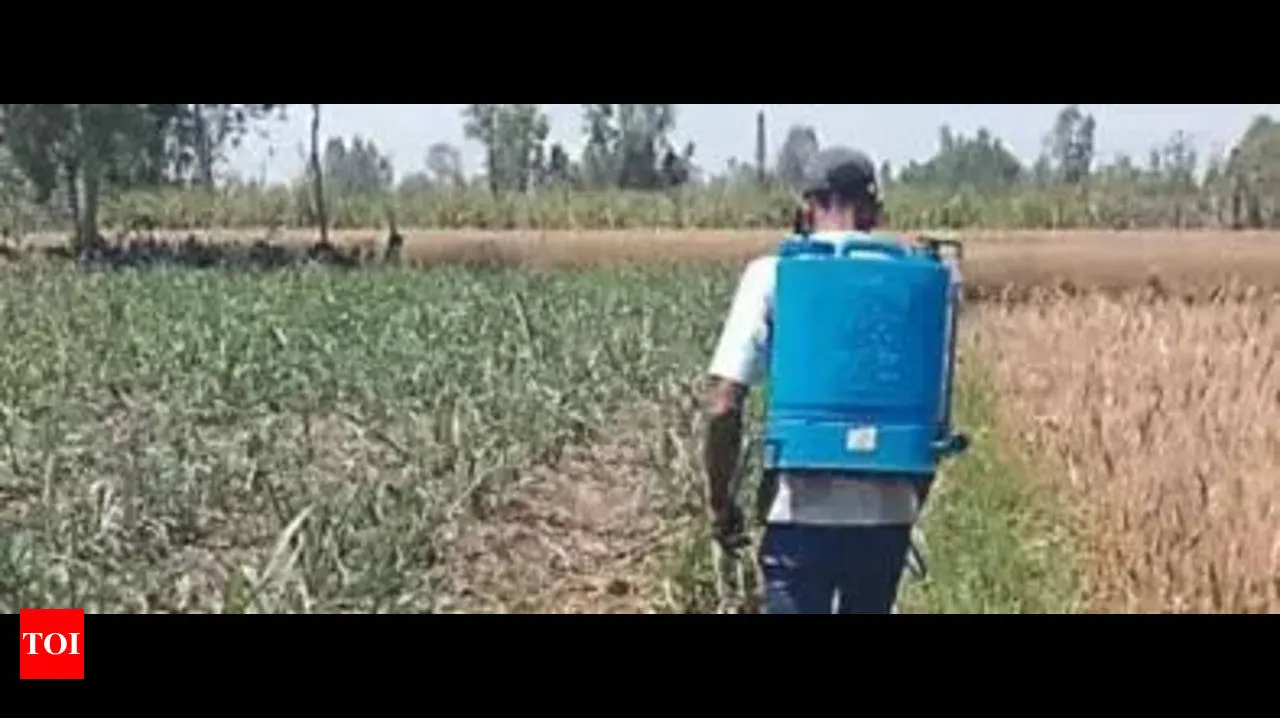Lucknow News Today: The Impact of Pesticides on Chronic Kidney Disease

Pesticide Use in Agriculture: A Health Hazard
Recent findings have uncovered a troubling correlation between pesticide use in agriculture and chronic kidney disease in Lucknow. Conducted by the renowned Ram Manohar Lohia Institute of Medical Sciences (RMLIMS), this study highlights the significant presence of harmful substances such as malathion in patients suffering from kidney ailments.
The Study Overview
The research, led by Prof. Namrata Rao from the nephrology department, was published in a well-respected science journal in July. It involved a detailed analysis of 100 kidney disease patients, predominantly farmers from rural Uttar Pradesh. The investigation revealed that these individuals exhibited substantially higher concentrations of pesticides in their bodies compared to healthy counterparts.
- Key Findings:
- CKD patients had elevated pesticide levels, especially malathion and parathion.
- The study received accolades for its comprehensive approach and significant implications for public health.
Implications for Agriculture and Health
This research raises critical questions about agricultural practices and health safety in Lucknow and nearby areas like Barabanki, Gonda, Ambedkarnagar, and Azamgarh. As pesticides remain a fundamental component of crop production, it is imperative to reevaluate their usage and promote safer alternatives.
Disclaimer: The information provided on this site is for informational purposes only and is not intended as medical advice. We are not responsible for any actions taken based on the content of this site. Always consult a qualified healthcare provider for medical advice, diagnosis, and treatment. We source our news from reputable sources and provide links to the original articles. We do not endorse or assume responsibility for the accuracy of the information contained in external sources.
This article was prepared using information from open sources in accordance with the principles of Ethical Policy. The editorial team is not responsible for absolute accuracy, as it relies on data from the sources referenced.